Why Dogs Lick Their Privates

Dogs will always lick, but it is sometimes embarrassing when they lick their private parts. Licking after eliminating is normal; however, if your dog licks more frequently, or you notice other signs such as discharge; swollen or red penis, vulva, or anus; pustules; discoloration of the skin; or if your dog strains to urinate, see your veterinarian for help. Appropriate medical therapy can reduce your dog’s discomfort.
Why Dogs Eat Grass

There are many possible explanations as to why dogs eat grass including gastrointestinal upset. However, most grass-eating dogs are not sick beforehand and do not vomit afterwards. Dogs may eat grass if they are bored, lonely, or anxious. Some dogs will eat grass as a reflection of their ancestral heritage and the need to scavenge, or dogs may simply enjoy the texture and taste of grass in their mouths. Regardless of why your dog eats grass, it is not the best snack for him and may be a vehicle for ingestion of intestinal parasites. You can train your dog to stop eating grass with treats, affection, or commands such as heel.
Why Dogs Chase Their Tails
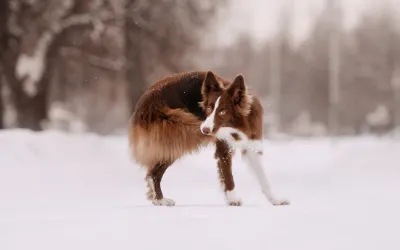
Dogs chasing their own tail can be amusing but also a sign of a bigger problem. Dogs that are left alone for extended periods may get bored or may not be getting enough exercise and to release all that pent-up energy, they chase their tails. Young pups chew their tails as they become aware of their body parts and is usually a passing phase. Older dogs however, may chew their tails when mental acuity diminishes. If your dog suddenly starts chasing or biting at his tail, schedule a veterinary visit, as the cause could be medical in nature (internal or external parasites, an injury, impacted anal glands, or a neurological problem).
Why Do Dogs Howl?

As long as there are dogs, there will be howling. Whether it is occasional, constant, mournful, or exuberant, howling is part of normal canine communication. Depending on the situation, a howl can take on different meanings.
Why Do Dogs Bury Bones?
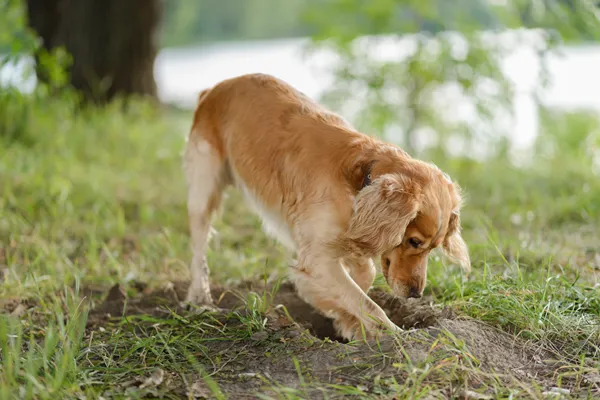
Burying of toys or food items by dogs goes back thousands of years as a means of preserving food and storing valuable or scarce food resources. Dogs today do it out of ancestral habit and as a means of resource protection. If you notice that your dog seems to be digging compulsively, contact your veterinarian
Why Bones Are Not Safe for Dogs
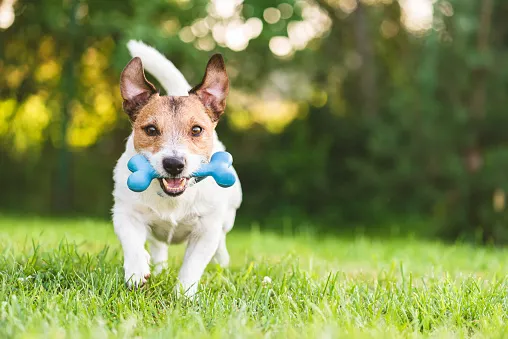
Dogs were built to chew. That is a fact. Bones can lead to a number of health problems from minor injuries to severe illness. Our job as pet parents, is to provide them with chewing options that do not put them in jeopardy. Happy chewing!
What Your Dog’s Cute Behaviors Really Mean
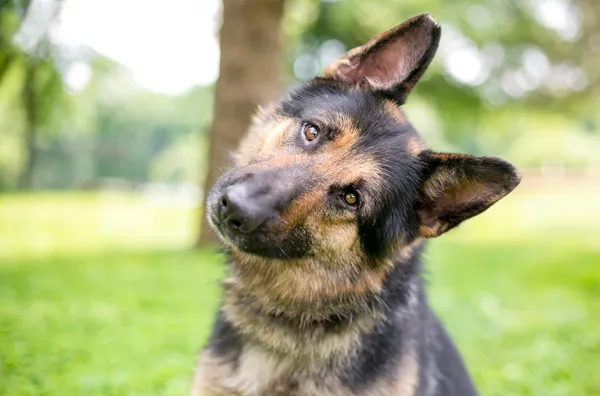
Most dog owners would agree that our canine friends are doggone cute. Some of their expressions and actions simply amplify their “cuteness.” But are they born with the innate “cuteness”, or do they learn how to be cute? This article discusses some of the reasons for these cute expressions and behaviors.
Using Reinforcement and Rewards to Train Your Pet

Pets readily learn to engage in appropriate, desired behaviors through positive reinforcement methods. Reward-based training improves communication and provides enrichment for pets and people alike.
Using Predictable Rewards to Train Your Dog
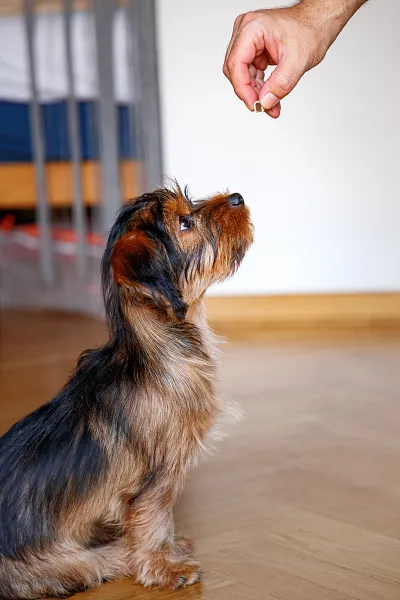
Predictability and trust are important foundations for training your dog. Learning what your dog finds rewarding and strategically providing rewards at the right time will promote the desired behavior to happen more and more often. Punishment techniques using physical force and conflict can result in increased aggression and should be avoided.
Using Predictability, Scheduling, and Enrichment to Train Your Dog
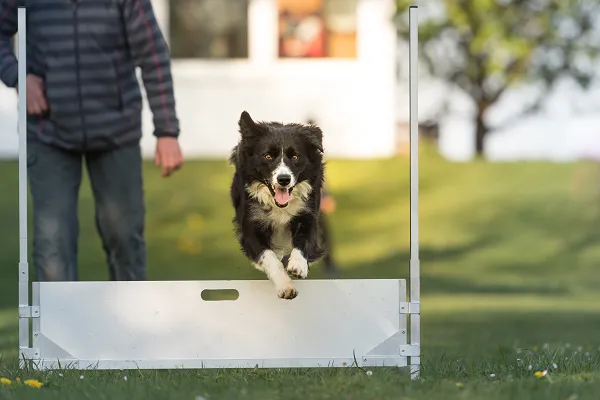
Every dog has wants and needs, including social interaction, physical exercise, intellectual exercise, and time to rest. When their needs are met predictably and enrichment is consistently available, dogs experience less stress and frustration and may be less likely to develop problematic behaviors.
